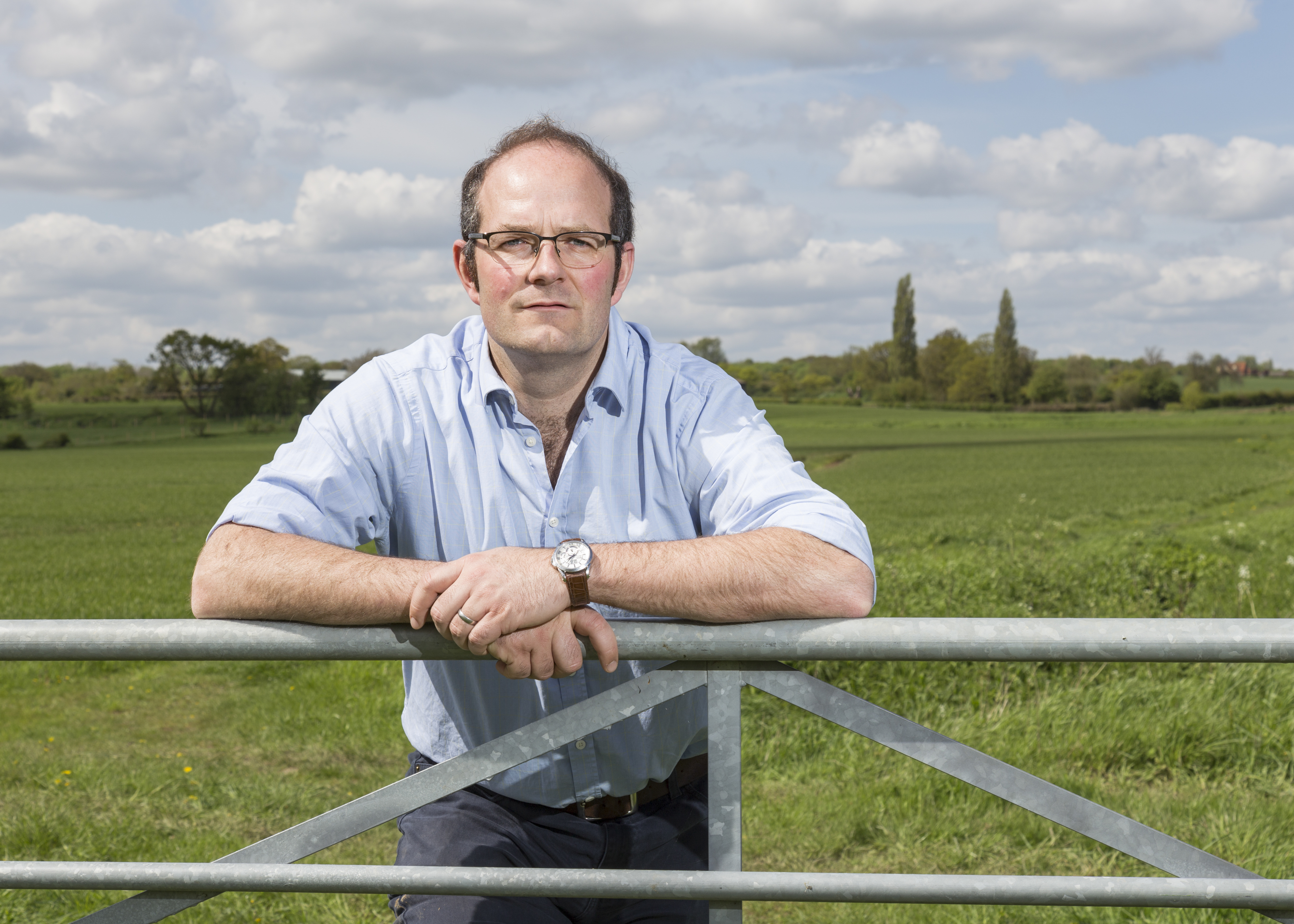To the editor,
Climate change is a global issue, but focusing purely on global statistics, as your article ‘Treating beef like coal would make a big dent in GHG emissions’ does, is counterproductive when the climate impact varies hugely from country to country.
The UK has some of the most sustainable livestock and dairy systems in the world. Our cattle are fed predominantly grass-based diets and we carefully manage our grasslands to store huge amounts of carbon. It is worlds away from the large-scale feedlot systems seen in the US or livestock farming in South America which often causes deforestation. In fact, the Climate Change Committee highlights that UK beef farming produces less than half the greenhouse gas emissions than other countries.
If we are to make meaningful headway in reversing the climate crisis, every nation has to start at home and British farmers are committed to doing even more, with an ambition to be net zero by 2040. For livestock farmers, this includes things like utilising feed supplements and breeding techniques to reduce methane emissions, investing in renewable energy, and making best use of cattle manure – a natural fertiliser – to reduce reliance on chemical fertilisers.
When it comes to diet, climate impact is not determined by the food product itself, but where and how it has been produced. Your readers should be reassured that there is an option to continue to eat and enjoy sustainably produced meat and dairy, and one of the best ways to do that is to buy British.
Tom Bradshaw
NFU Deputy President
